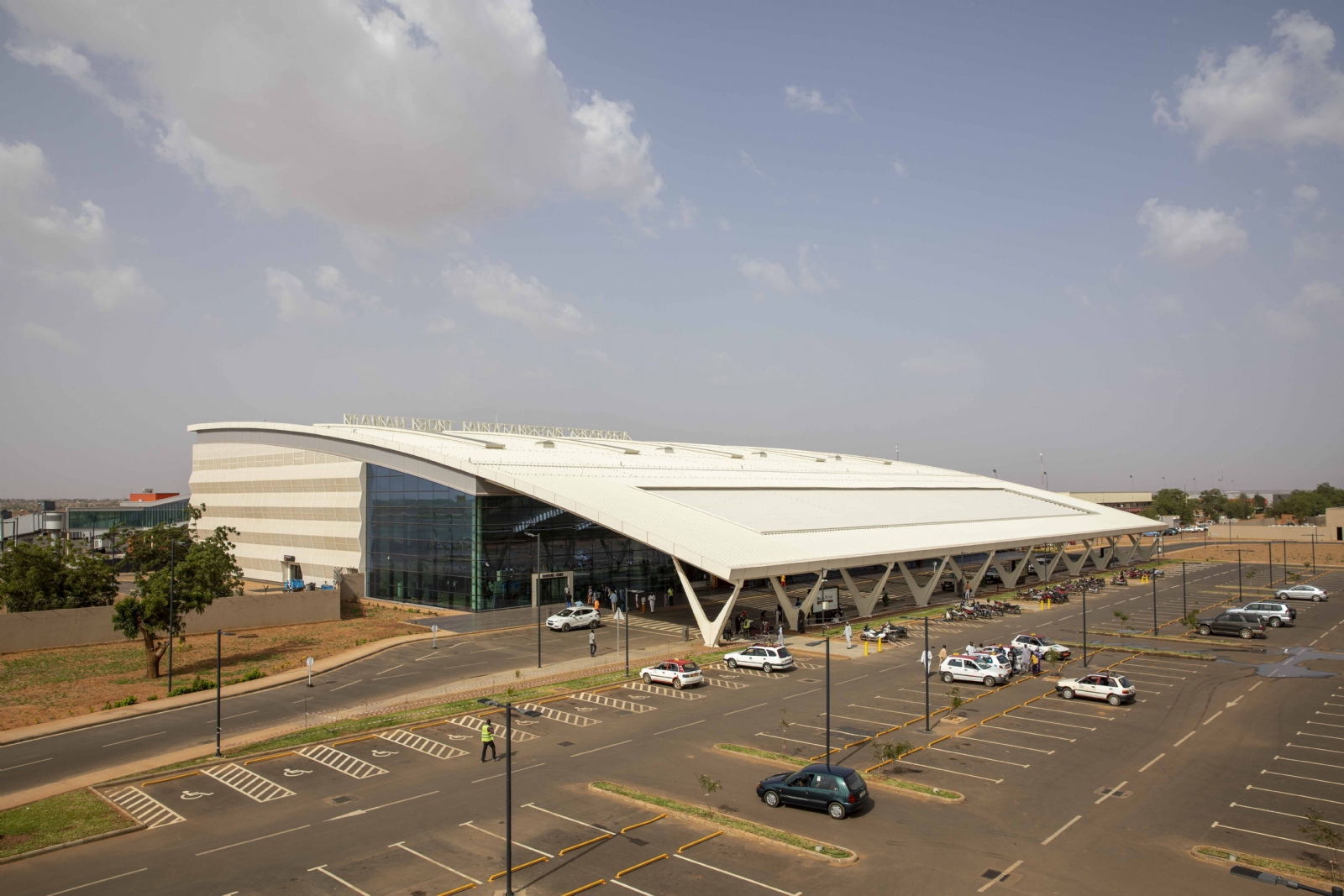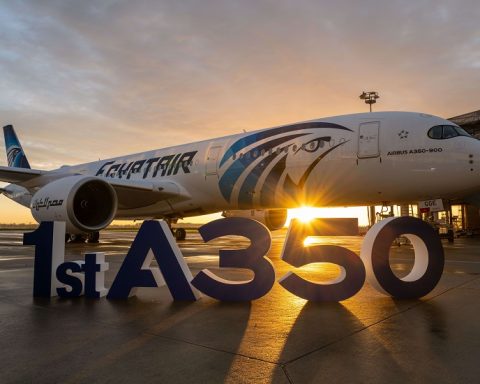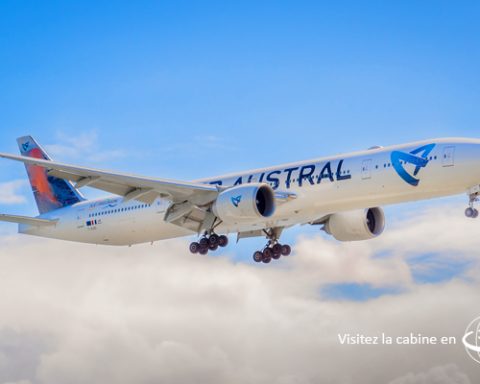By Dr. Soumaya Ben Letaifa

Since the end of the pandemic, the aviation industry has been chaotic and erratic. Aiming at getting back on track and reaching its full profitability, the aviation industry must be remarketed, and new narratives must be developed. To do so effectively, three basic questions must be raised: Why do we need to remarket the industry? What do we need to remarket in the industry? & How should we remarket the industry?
Why do we need to remarket the industry?
The COVID-19 pandemic hit the aviation industry hard, forcing airlines to cancel flights, ground their fleets, and lay off employees. The 2022 recovery in air travel has come up against a massive shortage in staffing at airports and airlines, with increased passenger volumes combined with strikes and staffing shortages making punctuality a challenge for the airlines.
The industry has also been criticized for offering the most chaotic customer experience among all transportation modes.
This has become evident during mass delays and cancellations, where frustrated and confused travelers took to social media to question why staffing issues were affecting their flights. In fact, service complaints of Europe’s airlines worsened, where only 65.9% of flights departed on time and fewer than 50% departed on time in July 2022 as reported by John Pullen in his article published by Avionics International titled, European Aviation Shows Signs of Recovery. Such growth, surpassing capacity, has led to a labor shortage and the reliance on outdated technology, which in turn can raise maintenance, repair, and overhaul (MRO) costs for a growing global fleet. Customers now seek personalized experiences, seamless interactions, and innovative technologies that make travel more convenient and enjoyable. While travel safety remains a priority, customers also care about consistent experiences across all touchpoints, from booking to baggage claim.
In addition, according to an article published in McKinsey & titled, Reimagining People Development to Overcome Talent Challenges, the aviation industry is facing a critical skills shortage. Organizations already face a severe shortage of key talent, with 90% saying they will have a meaningful skills gap in the coming years. Based on Geoff Murray and Rory Heilakka in their article titled, The airline shortage will get worse, and published in Oliver Wyman, leaders in the industry expect that there could be a shortage of nearly 80,000 pilots by 2032, and as mentioned by Artemis Aerospace during the discussion on the skills gap in the aviation industry published by PR Newswire, 42% of industry leaders identify a labor shortage in the maintenance technician field. All these factors have converged to inflict maximum pain on consumers.
Nonetheless, the industry is struggling to keep pace with the rapid emergence of new innovations and digital technologies. The global aviation industry is struggling to recover from the worst travel slump in history, facing staffing shortages and negative perception due to layoffs. To change its image and adapt to the rapidly emerging digital technologies, the industry needs to prioritize digital strategies. As stated by Andrew Curran in his article titled, AirAsia wants half of its revenue to come from outside flights and published by Simple Flying, airlines and airports are diversifying their offerings through e-commerce, with AirAsia aiming to generate 50% of its revenue from non-flight and non-aviation sources. However, the industry has been slow in adopting digitalization, leading to inefficiencies, reduced competitiveness, and missed opportunities for customer insights. As mentioned by Korean air in the article titled, Korean Air becomes first major global airline to go all-in on AWS Cloud, some airlines, like Korean Air, are implementing machine learning to improve customer service and forecast demand. Narita International Airport is incorporating robotics and AI to enhance business efficiency and customer satisfaction. Embracing digitalization and leveraging data analytics and AI is crucial for the industry’s growth and success.
The aviation industry is increasingly facing scrutiny, drawing parallels to the notorious “Big Tobacco” industry, due to its substantial contribution to greenhouse gas emissions and air pollution. Regulators are issuing warnings that unless the aviation industry takes decarbonization more seriously, it may encounter restrictions on advertising and growth. According to Afiq Ftiri in his article titled, The tech industry’s progress on carbon emissions has been mixed and published in Tech Monitor, despite its vital role in connecting people and driving the global economy, the aviation sector currently accounts for approximately 2% to 3% of global carbon dioxide emissions.
However, as indicated in the article, Airfares could rise by 22% due to climate change challenges by Habib Abid, and published in Simple Flying, projections indicate that if other sectors decarbonize at a faster rate and air travel continues to rise, airlines’ contribution could surge to an alarming 22% by 2050. These statistics underscore the urgent imperative for the aviation industry to prioritize sustainability and actively pursue greener alternatives to mitigate its environmental impact. In light of these concerns and in accordance with the goals outlined in the Paris Agreement on global warming, members of the International Civil Aviation Authority (ICAO) and the International Air Transport Association (IATA) have come to an agreement to actively strive towards achieving net-zero carbon emissions by 2050 according to IATA’s article titled, Our commitment to fly net zero by 2050.
What do we need to remarket in the industry?
People have always had a deep love for travel, and now they have the ability to share their experiences and recommendations with a global audience. This has significantly influenced the way the airline industry operates and markets itself. To succeed in this digital age, the industry must focus on four main pillars:
Industry image: The airline industry needs to reposition itself in the minds of consumers by crafting a new narrative that resonates with modern travelers. By acknowledging the shifting attitudes of the target audience, the industry can develop a fresh positioning strategy that reflects the dreams and aspirations of people, enabling them to experience new destinations and adventures.
- Customer experience: The airline industry has the power to make the world feel smaller and more interconnected, offering opportunities for people to explore new cultures and create unforgettable memories. From the excitement of takeoff to the awe-inspiring views at cruising altitude, the industry has the ability to inspire awe and wonder in travelers.
- Talent market: The airline industry offers amazing careers and fascinating adventures, appealing to a generation of mobile individuals who seek to be part of a global community. It has the potential to attract passionate individuals who view traveling as a way of life and an opportunity to constantly broaden their horizons.
- Sustainability: The industry must address the challenge of reducing its carbon footprint, investing in renewable energy, and embracing new technologies to make travel more eco-friendly. It is Vital for the industry to come together as a unified ecosystem and develop a roadmap that encompasses the necessary steps to achieve the regulations and objectives of achieving the net-zero carbon emissions by 2050 (IATA, 2022). By addressing these issues collectively, the industry can pave the way for a sustainable future.
How should we remarket the industry?
To effectively remarket the aviation industry, it is vital to focus on four key strategies, marketing aviation as a cool, digitized, and innovative industry, as a human and customer centric industry, as a Rewarding Career Choice, and as an Engaged Industry in Sustainability.
Consistency is key in developing a clear brand message that communicates the airline’s value proposition across various touchpoints, such as advertising, social media, customer service, and in-flight experience. By ensuring a unified and memorable brand image, airlines can enhance their reputation and customer loyalty. Safety is of paramount importance to travelers, and airlines can earn trust and confidence by investing in robust safety measures, including regular maintenance, well-trained staff, and advanced technology. Prioritizing customer safety and well-being builds a strong foundation for a positive brand image. In an ever-changing environment, the aviation industry must adapt and stay agile. Improved data management through AI, sustainable operations, and personalized customer journeys are critical success factors. Digitalization plays a vital role in enhancing the customer experience, improving efficiency, and ensuring customer satisfaction.
Aviation must also position itself as a human and customer-centric industry. Prioritizing operational excellence, service quality, and employee training helps establish a customer-centric industry. Creating a service-oriented culture and fostering empathy and cultural sensitivity within organizations can enhance customer satisfaction.
To attract and retain talent, the aviation industry should highlight the diverse career opportunities it offers across various fields. By investing in upskilling and reskilling programs, organizations can ensure a competent workforce that can adapt to changing business needs. Additionally, the international aspect of the industry provides professionals with the mobility opportunities and zigzag careers to gain valuable experiences and establish global connections Promoting the diverse and rewarding career paths within aviation is crucial for remarketing the industry to job seekers.
Finally, communicating sustainability efforts and showcasing initiatives to reduce environmental impact is vital. Promoting the use of sustainable aviation fuels, implementing eco-friendly practices, and engaging stakeholders in environmental initiatives help position aviation as an industry committed to sustainability.
Conclusion
In conclusion, the aviation industry must embark on a comprehensive remarketing journey to address its challenges and reshape its image. By focusing on enhancing the customer experience, attracting, and retaining top talent, embracing innovations, and prioritizing sustainability, the industry can rebuild public trust, thrive in the digital age, and contribute to a more sustainable future.
Soumaya Ben Letaifa is Dr. in Strategy and Business Administration & CEO Innova Conseil & Professor at University of Quebec, Montreal




